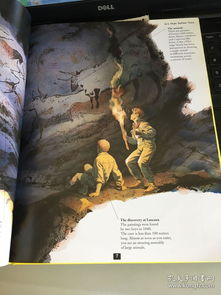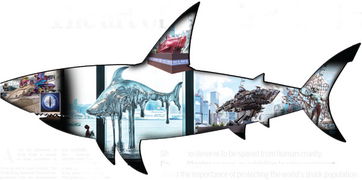As the sun dips below the horizon, casting a golden glow over the tranquil river, the serene activity of fishing becomes all the more inviting. However, the beauty of river fishing is often accompanied by the lurking presence of snakes, which can turn a peaceful day into a harrowing experience. Here are some essential tips and tricks to help you avoid snakes while enjoying your time by the river.
Choose the Right Spot
The first step in avoiding snakes while river fishing is to select the right location. Look for areas where the terrain is well-defined and the vegetation is not too dense. Snakes tend to thrive in environments where they can easily hide, so avoid spots with thick underbrush or tall grasses. Open, sandy banks or rocky outcrops are usually safer choices.
Time Your Fishing Wisely
Snakes are most active during the cooler parts of the day, typically early morning and late afternoon. By scheduling your fishing trip for midday when the sun is at its peak, you can minimize the chances of encountering a snake. Additionally, be particularly cautious during the rainy season when snakes are more likely to be on the move in search of shelter.
Wear Appropriate Footwear

Wearing the right footwear is crucial for both comfort and safety. Opt for sturdy, waterproof boots that cover your ankles. This will not only protect you from snake bites but also from other potential hazards like sharp rocks or slippery surfaces. Always keep your feet visible and avoid stepping on anything that could be a snake.
Use Snake Repellents
There are various snake repellents available on the market that can deter these slithery creatures. Some effective options include citrus oils, vinegar, and certain types of herbs. Apply these repellents to your clothing and shoes before heading out to fish. However, always read the product label carefully and follow the instructions to ensure safety.
Be Mindful of Your Surroundings
When fishing by the river, stay alert and keep an eye on your surroundings. Snakes can be found in a variety of places, including under rocks, logs, and in the water. If you see a snake, maintain a safe distance and do not attempt to approach or provoke it. Snakes are generally not aggressive unless they feel threatened, so give them space and they will likely leave you alone.
Know the Local Snake Species
Familiarize yourself with the types of snakes that inhabit the area where you plan to fish. Some species are more venomous than others, and it's important to know how to identify them. This knowledge can help you avoid areas where these snakes are known to frequent and take extra precautions if you do encounter them.
Create a Barrier
If you're fishing in an area where snakes are known to be present, consider creating a barrier around your fishing spot. This can be as simple as using a tarp or a piece of canvas to cover the ground where you will be sitting or placing rocks and logs around the perimeter to deter snakes from approaching.
Carry a Snake Bite Kit
It's always a good idea to have a snake bite kit on hand, especially if you're going to be fishing in a remote area. These kits typically include items like a tourniquet, antivenom, and first aid supplies. However, it's crucial to know how to use these items correctly, so familiarize yourself with the instructions before you go fishing.
Stay Calm and Don't Panic
If you do encounter a snake, the most important thing to remember is to stay calm. Snakes can sense fear and may become more aggressive if they feel threatened. Speak softly and slowly, and try to move away from the snake without causing it to feel cornered. If you are bitten, remain calm and seek medical attention immediately.
By following these tips and tricks, you can significantly reduce the risk of encountering snakes while river fishing. Remember, the key is to be prepared, stay alert, and respect the natural environment around you. With a bit of caution and common sense, you can enjoy a peaceful and safe fishing experience by the river.












